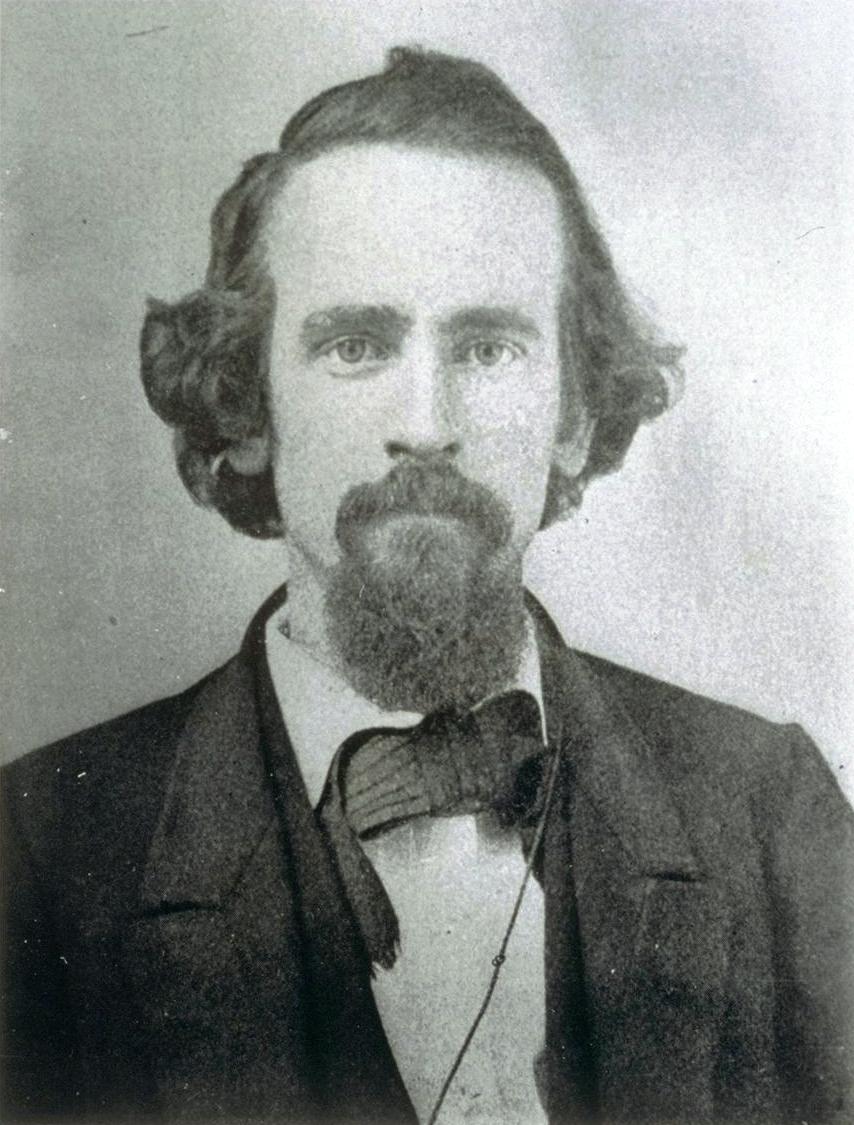So without further ado (I've edited or ignored a question or two; the first lesson successful political candidates learn is to not answer the questions they are asked, but rather the questions they prefer to be asked to the extent that it is possible to do so without getting called on the evasion):
You don't tax the building, just the land, is that it? And you tax the land based on what exactly?
Yes, a given plot of land would be taxed the same by the city regardless of whether there was a skyscraper on it or a dilapidated old shack. The tax payable would be determined by the market value of the land. Just how the market value of the land would be determined could be complicated; suffice to say that this paper attempted to do so and concluded that, for example, for the average property transaction in Clareview a decade ago, 35% of the sale price reflected the value of the land.
Who will pay more and who will pay less under this system?
Who will pay more and who will pay less under this system?
To continue with that 35% example, if I were a property owner and city assessors concluded that, based on a hypothetical sale of my property at market value, more than 35% of the value I would receive would represent land value, I would pay more. A typical owner who would pay more would be the owner of a single detached bungalow, especially if the building was run down. A typical owner who would pay less would be a high rise condo dweller.
How will it drive people to live in the inner city? Examples?
How will it drive people to live in the inner city? Examples?
Offered examples are typical hypothetical since the case for land value taxation hasn't been as developed as an empirical argument as much as as a theoretical one.
By far the biggest and most contentious hypothetical example in the Edmonton context is the city centre airport lands. One of the biggest arguments for closure of the ECCA concerns the opportunity cost of not having more dense development there. Under land value taxation, the marginal tax cost of throwing up a residential high rise or commercial skyscraper on what is now a runway would be zero. These buildings will be more competitively priced to potential occupants than, say, a suburban bungalow (the market will capitalize the present value of a bungalow lot's future tax liability into its sale price).
To leave aside these questions to make some observations about the ECCA debate, note that instead of advancing a call for land value taxation, which would support closure of the airport if it were straightforwardly efficient to do so, most of the advocates for closure have instead called for closure by city council decree. For a lot of people like me who are naturally skeptical of centralized government planning, we are suspicious of the numbers arguments that have been trotted out in defence of the decree. Are costs being fully accounted for? Do the pro-airport councilors really want the buildings, or the tax revenue they hope the improvements would generate? Convert the land to high density residential and, yes, at first glance this should obviously generate a lot more tax revenue for the city than the status quo, but absent tax reform the increased revenues are coming from improvements to the land, an elastic source, and whenever elastic sources are taxed dynamic scoring is required. There is a feedback loop, in other words, that makes any definitive analysis quite complex.
Amidst this complexity and uncertainty, questions about how the incumbent council can come to a definitive disinterested conclusion arise. In 1990, for example, many economists wrote to Mikhail Gorbachev, advising him that "[w]hile the governments of developed nations with market economies collect some of the rent of land in taxes, they do not collect nearly as much as they could..." Land value taxation was nonetheless not adopted in the wake of the collapse of the Soviet Union, because it wasn't in the interests of the would-be oligarchs:
...a least distorted way for Russia to recover was by a tax on economic rent, that is, the value of land and natural resources that exists independently of labor and capital investment. The aim is to untax industry and labor, and make Russia's natural resources monopolies finance the government. But these are precisely the assets that Yeltsin's kleptocrats were the first to grab.









